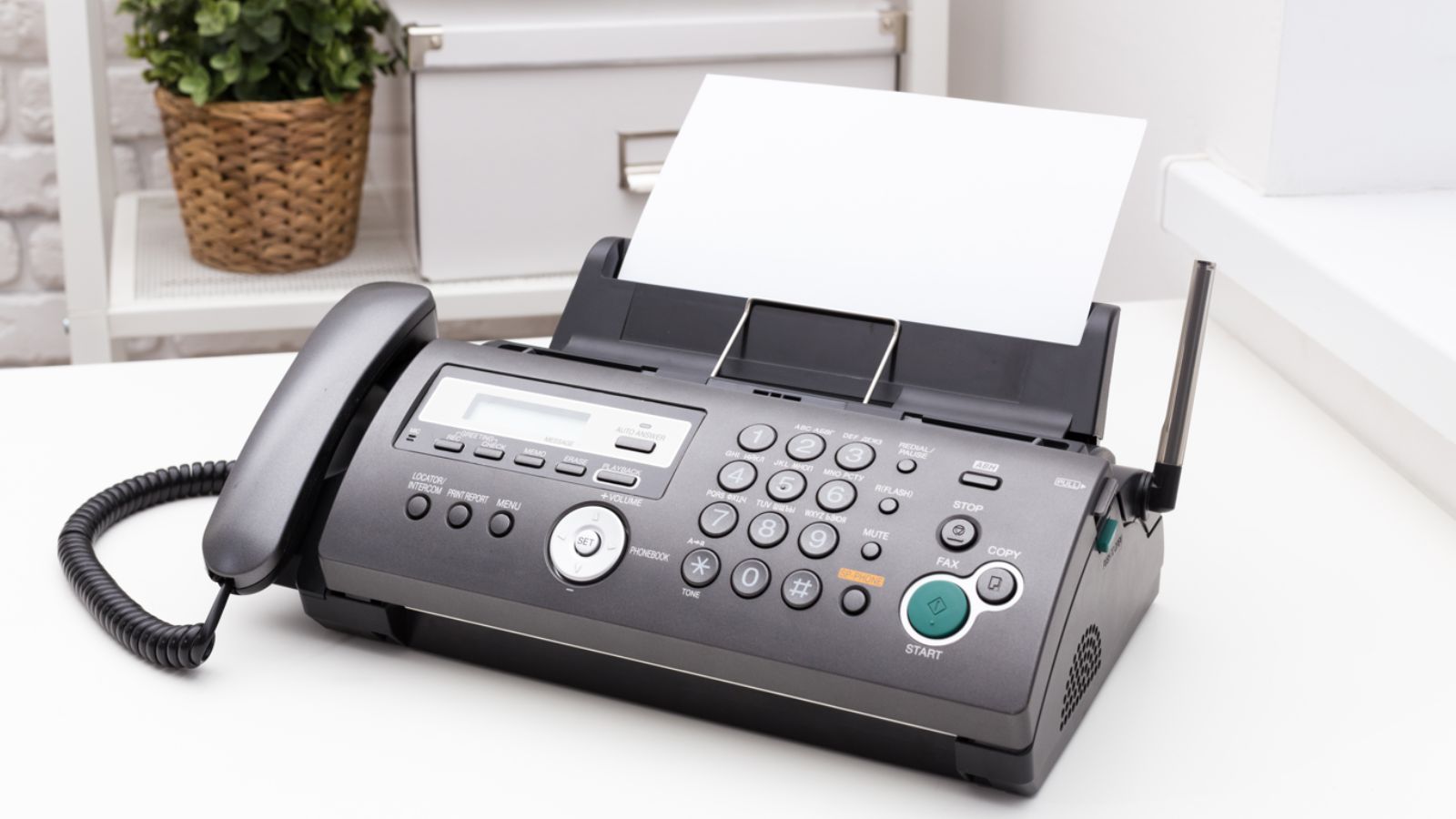The job market is constantly evolving, and many skills that were once essential have now become obsolete. Advances in technology, automation, and changes in workplace expectations have rendered some abilities useless in today’s workforce. While these skills may have been highly valuable decades ago, they no longer provide the competitive edge they once did.
Here are some once-essential skills that are now completely useless in today’s job market.
Typing on a Typewriter

Once a fundamental office skill, typing on a typewriter has no place in today’s digital workplaces. Computers and word processing software have entirely replaced typewriters. Even job applicants who boast about their typing speed are now expected to be proficient on modern keyboards, not clunky typewriter keys. The only place you might find a typewriter today is in a museum or as a collector’s item.
Memorizing Phone Numbers

Before smartphones, remembering phone numbers was a necessary skill for professionals and everyday life. Today, almost no one manually dials numbers anymore since smartphones store all contact information. Employers no longer expect workers to memorize numbers, and businesses rely on digital contact lists for communication. This skill, while once an asset, has no relevance in today’s job market.
Shorthand Writing

Shorthand was once a crucial skill for secretaries and journalists to quickly take notes during meetings or interviews. However, with the rise of digital recording devices, voice-to-text software, and laptops, shorthand has become nearly extinct. Employers now prioritize typing efficiency and transcription software skills over shorthand, making this once-essential ability completely obsolete.
Operating a Fax Machine

In the 1990s, fax machines were the standard way to send documents quickly, but email and cloud-based document sharing services have eliminated the need for them. Most modern workplaces have phased out fax machines in favor of digital communication. While some legal or medical offices may still use them occasionally, the ability to operate a fax machine is no longer a valuable job skill.
Manual Data Entry

In the past, data entry clerks were needed in all sorts of businesses to manually input information into the company’s systems. Today, automation and AI-powered tools have drastically reduced the need for manual data entry. Software can now capture, sort, and store data far more efficiently than humans, making this skill far less relevant in today’s job market.
Developing Film in a Darkroom

Film development was once a specialized skill needed for photographers and print journalists, using a cocktail of special chemicals in total darkness. With the advent of digital cameras and smartphone photography, darkroom skills are now largely irrelevant. Professional photographers use digital editing software, and print publications have transitioned to entirely digital workflows, making traditional film processing obsolete.
Using a PBX Phone System

Private Branch Exchange (PBX) phone systems were once a standard part of office operations, requiring employees to transfer calls and manage multiple phone lines. Today, cloud-based VoIP systems and automated virtual assistants handle most call-routing tasks, eliminating the need for human-operated switchboards. Companies now look for digital communication and video conferencing skills rather than knowledge of outdated phone systems.
Balancing a Checkbook

Financial professionals and everyday consumers once needed to manually balance checkbooks to track their expenses. These days, online banking and budgeting apps handle this automatically, making the skill nearly useless. Employers in finance and accounting now prioritize proficiency in digital tools like QuickBooks and Excel rather than old-school ledger balancing.
Filing Paper Documents

Office clerks and administrative workers once spent hours organizing physical filing cabinets. These days, most companies have transitioned to cloud-based document storage, making paper filing largely unnecessary. Employers now expect employees to be proficient in digital file management, using platforms like Google Drive or Dropbox instead of traditional filing cabinets.
Writing Formal Business Letters

There was a time when crafting a perfectly worded business letter was a valuable skill in the corporate world. Today, email and instant messaging have replaced formal letters for most business communications. While professional email etiquette is still important, the ability to write a traditional business letter is no longer a job requirement in most industries.
Operating a Printing Press

Print media once relied on skilled press operators to manage the production of newspapers and magazines. With the shift to digital media, print publications have declined, and most printing tasks have been automated. Digital publishing has made traditional printing press skills obsolete, leaving fewer job opportunities for those with expertise in this field.
Typing Dictation

Back in the day, teams of secretaries and other administrative professionals used to painstakingly transcribe dictation from managers and executives. Today, specialist voice recognition software and AI-driven transcription services have largely replaced human transcriptionists. Modern employers look for digital communication skills and proficiency with automated transcription tools rather than old-fashioned dictation typing.
Using a Slide Rule

Decades before electronic calculators, engineers and scientists relied on slide rules to perform complex calculations. With the widespread availability of digital calculators and advanced software, this skill is no longer relevant in any profession. Students and professionals alike now rely on technology for calculations, rendering slide rules a thing of the past.
Making Carbon Copies

Carbon paper was once essential for making duplicate copies when typing important documents, but it has been completely replaced by digital duplication methods. Today, scanned documents, PDFs, and cloud sharing all make carbon copies unnecessary. Anyone still listing this as a skill on a résumé would likely raise eyebrows rather than impress employers.
Repairing Tube TVs and Radios

Early electronics technicians once needed to understand how to fix heavy and bulky tube-based televisions and radios. With modern flat-screen TVs and digital audio systems, repairing outdated electronics is a rare niche skill. Most consumers replace broken electronics rather than repairing them, making expertise in tube technology almost completely obsolete.
Using a Physical Map for Navigation

The ability to read a physical map was once an essential skill for drivers and travelers. However, with the rise of GPS and smartphone navigation apps, few people rely on paper maps anymore. While having a basic understanding of geography is always helpful, the ability to read a paper map is no longer a necessity in most job fields.
Operating a Manual Switchboard

Switchboard operators manually connected calls by plugging cables into designated jacks. This job required speed, accuracy, and knowledge of multiple telephone lines. Today, automated phone systems and digital communication platforms handle call routing effortlessly without human intervention. Knowing how to operate a manual switchboard has no practical use in modern offices, where VoIP and AI-driven customer service dominate.
